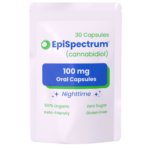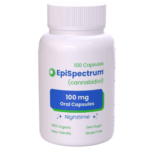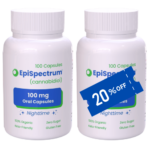Schizophrenia Article
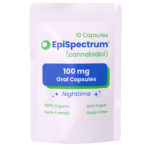
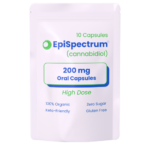
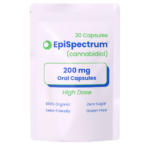
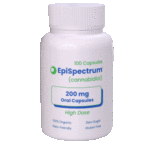
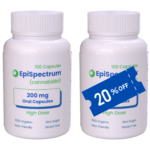
Cannabidiol as a potential treatment for psychosis
Source:
https://www.ncbi.nlm.nih.gov
Link:
https://www.ncbi.nlm.nih.gov/pmc/articles/PMC6843725/
Article Summary:
Initial clinical trials suggest that CBD is safe, well-tolerated and may have antipsychotic effects in patients with psychosis. There is some indication that CBD may be particularly effective in the early stages of the disorder, such as in patients at clinical high risk and those with first episode psychosis. Neuroimaging research suggests that CBD may exert its therapeutic effects via modulation of brain function in regions known to be altered in patients with psychosis across a variety of cognitive paradigms. Questions remain regarding the full side-effect profile of CBD, with reports of increased liver enzymes and potential for hepatic toxicity, but the most commonly reported side effects (such as diarrhoea and sedation) are likely to be both mild and benign. A more substantial body of evidence, including larger studies with longer-term CBD administration (e.g. up to 2 years), is required to accurately estimate the risk-benefit profile of CBD. Pending such evidence, if CBD treatment were ultimately associated mainly with common sedative and gastrointestinal side effects, these would likely still indicate a favourable tolerability profile compared with the side-effect profiles of currently licensed antipsychotic treatments. Given that CBD has antipsychotic effects without directly acting on dopamine receptors, it could represent a completely novel class of treatment for psychosis. CBD may also have therapeutic value prior to the onset of frank psychosis in patients at clinical high risk for the disorder, and in patients with nonschizophrenia spectrum disorder psychosis, such as Parkinson’s disease. Unregulated over-the-counter products containing CBD should explicitly not be used for medicinal purposes. In sum, CBD currently represents a promising potential novel treatment for patients with psychosis. If the success observed in initial clinical studies are replicated in large-scale trials with chronic administration, CBD has the potential to become the first licensed nondopaminergic treatment for psychosis.
Article Abstract:
Psychotic disorders such as schizophrenia are heterogeneous and often debilitating conditions that contribute substantially to the global burden of disease. The introduction of dopamine D2 receptor antagonists in the 1950s revolutionised the treatment of psychotic disorders and they remain the mainstay of our treatment arsenal for psychosis. However, traditional antipsychotics are associated with a number of side effects and a significant proportion of patients do not achieve an adequate remission of symptoms. There is therefore a need for novel interventions, particularly those with a non-D2 antagonist mechanism of action. Cannabidiol (CBD), a non-intoxicating constituent of the cannabis plant, has emerged as a potential novel class of antipsychotic with a unique mechanism of action. In this review, we set out the prospects of CBD as a potential novel treatment for psychotic disorders. We first review the evidence from the perspective of preclinical work and human experimental and neuroimaging studies. We then synthesise the current evidence regarding the clinical efficacy of CBD in terms of positive, negative and cognitive symptoms, safety and tolerability, and potential mechanisms by which CBD may have antipsychotic effects.





